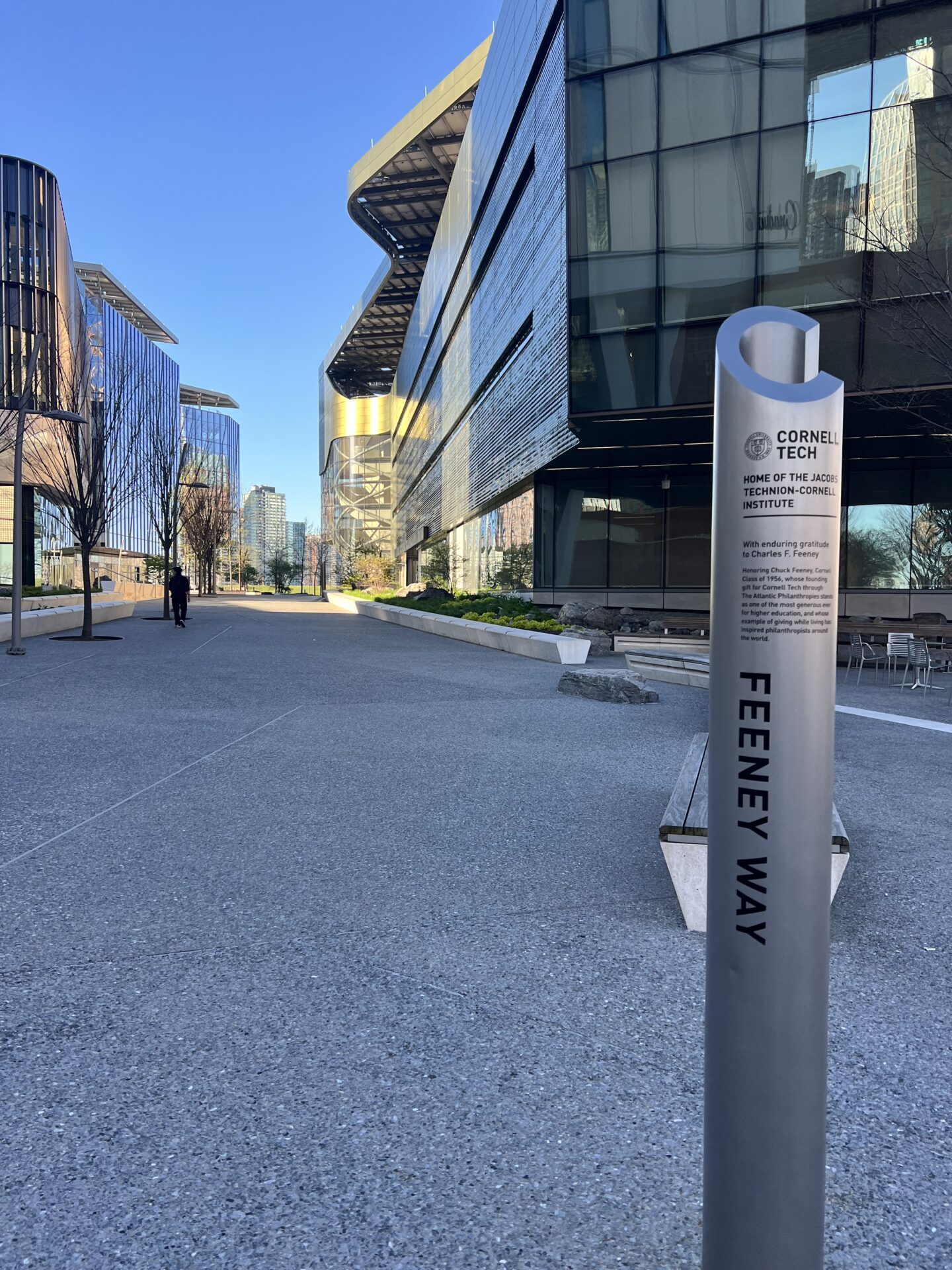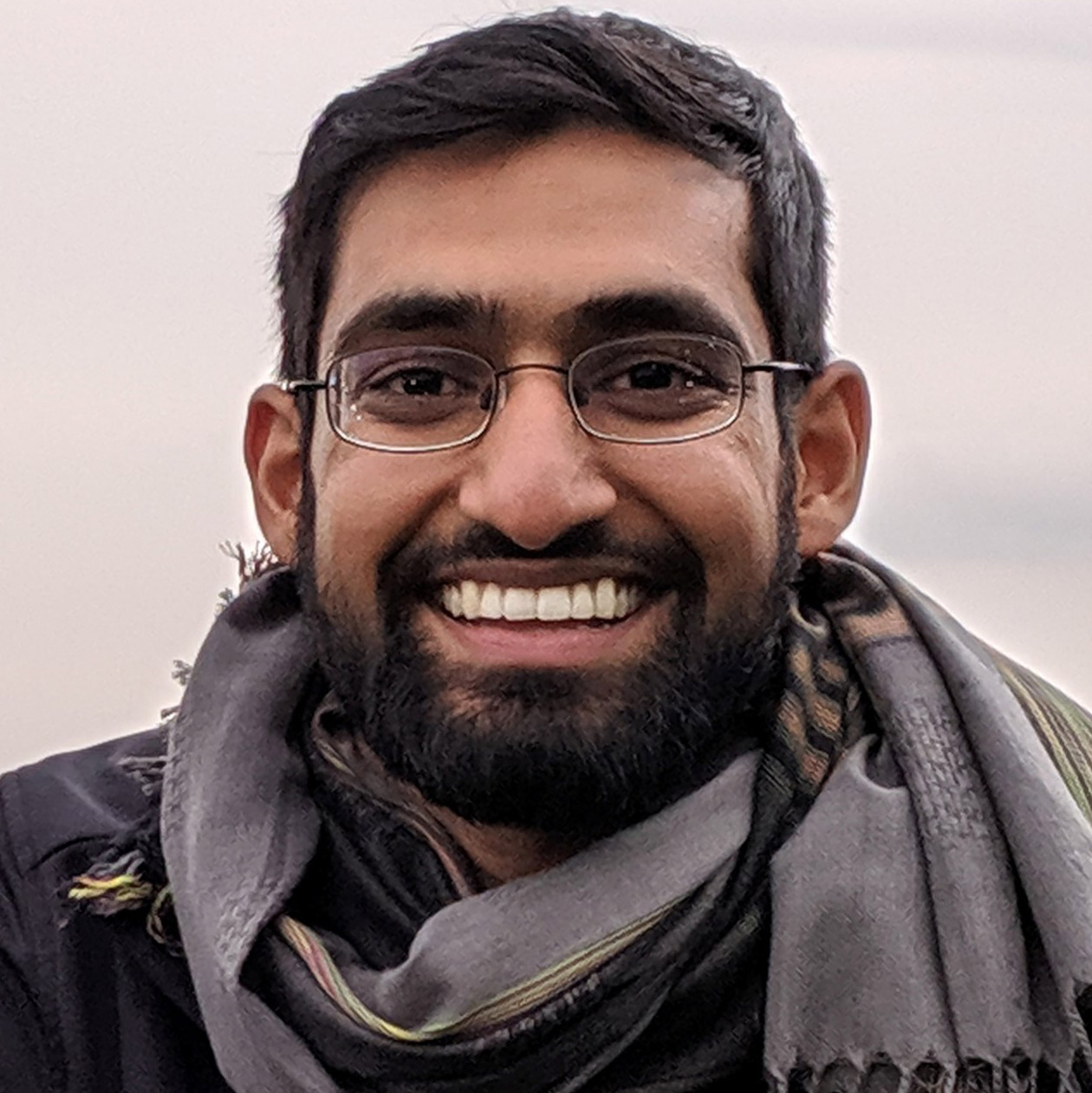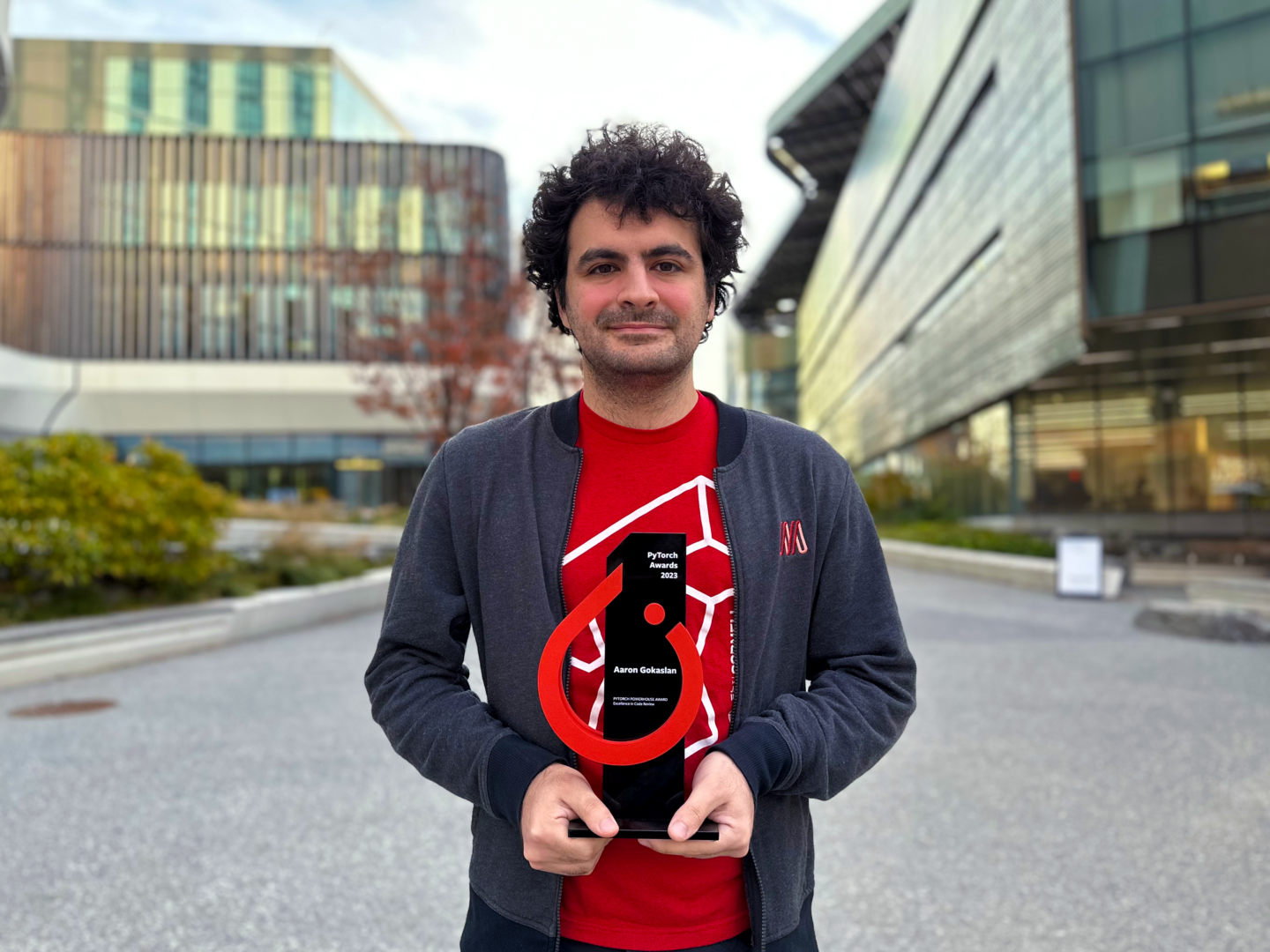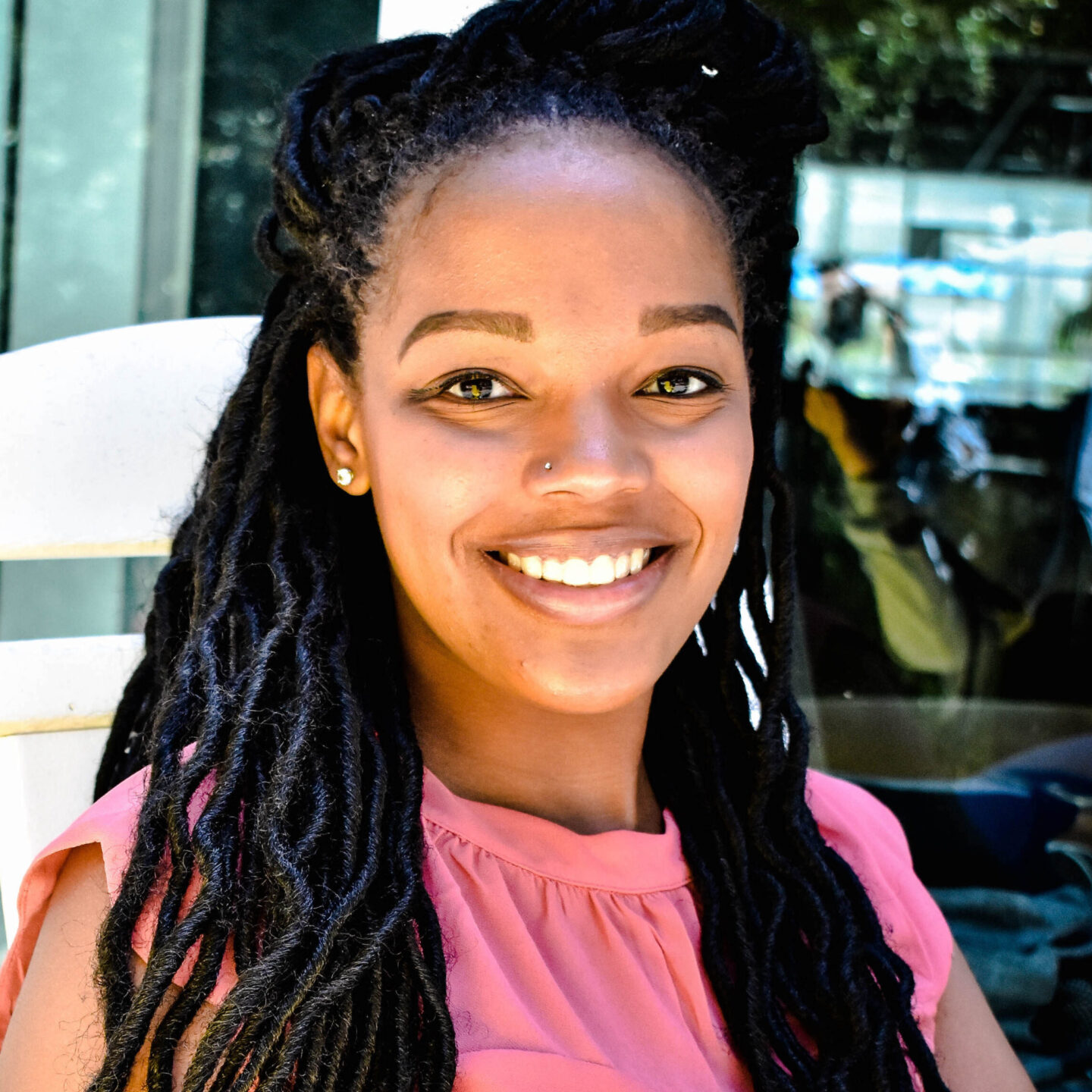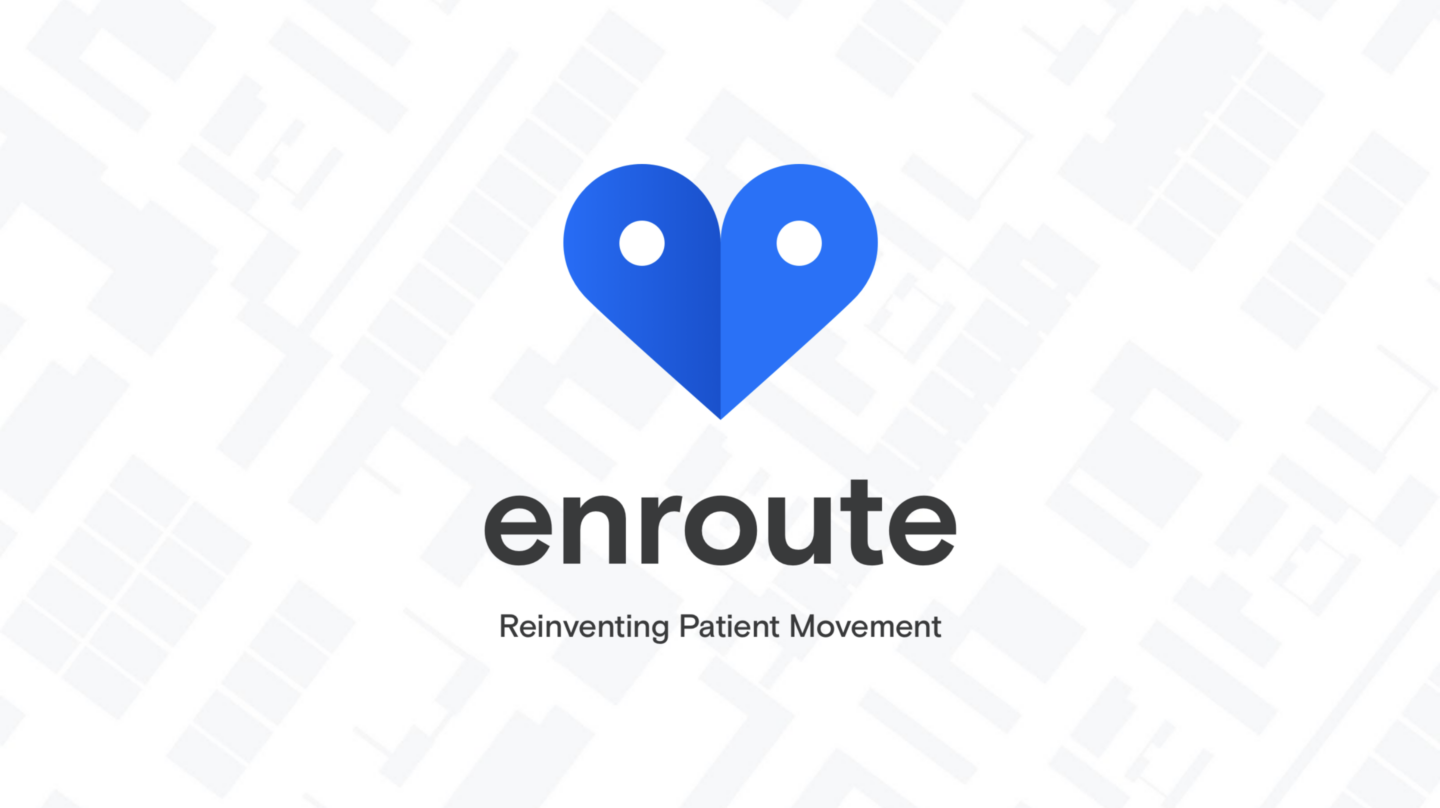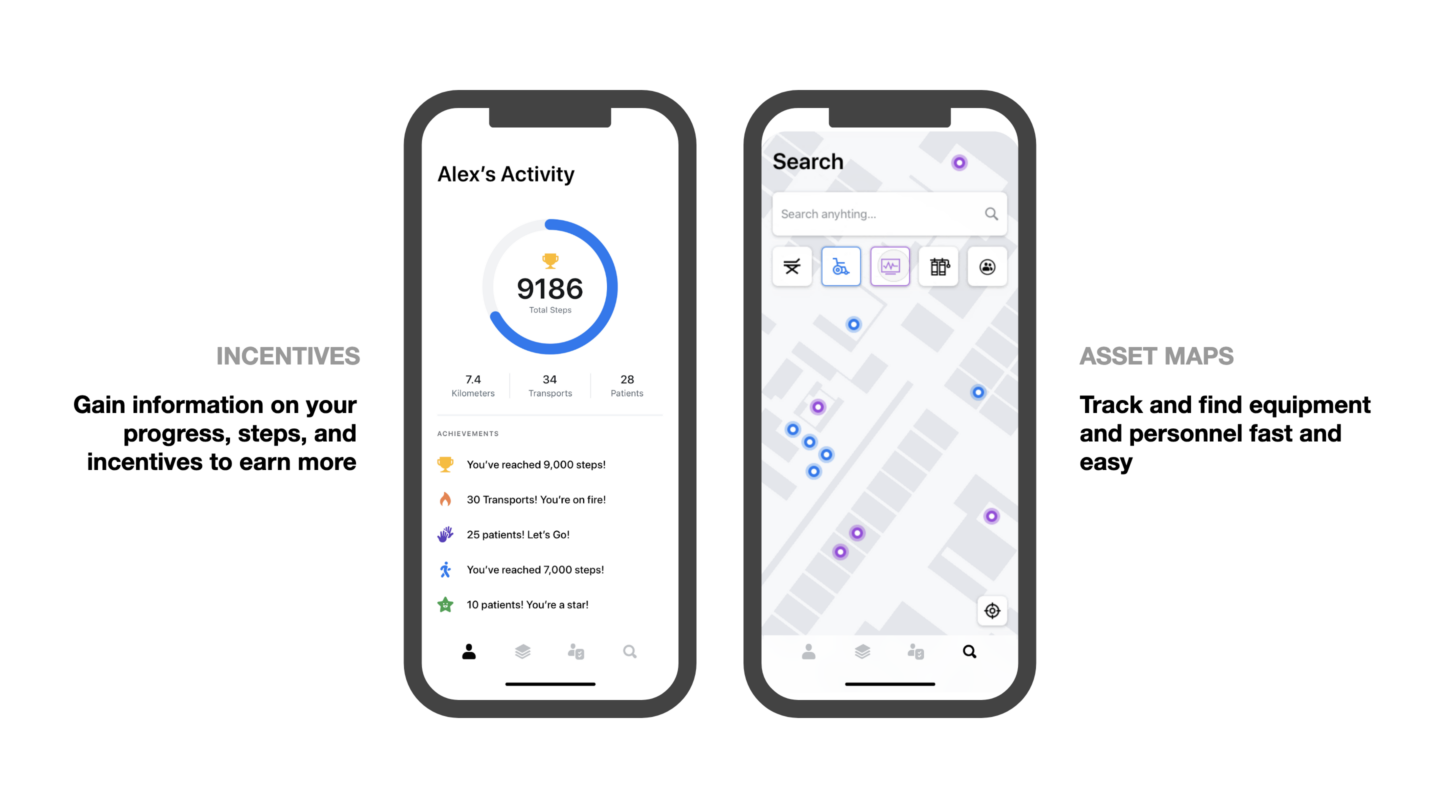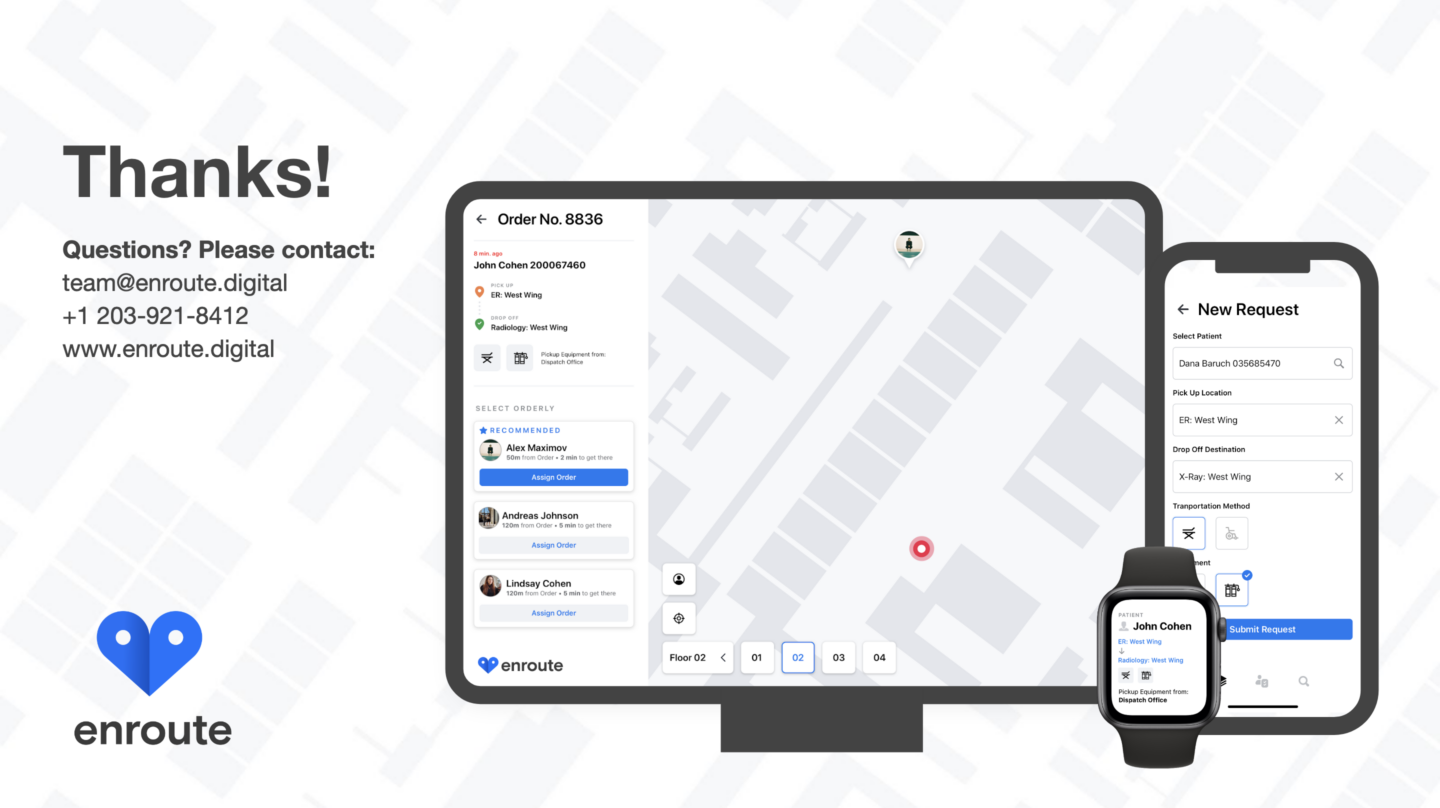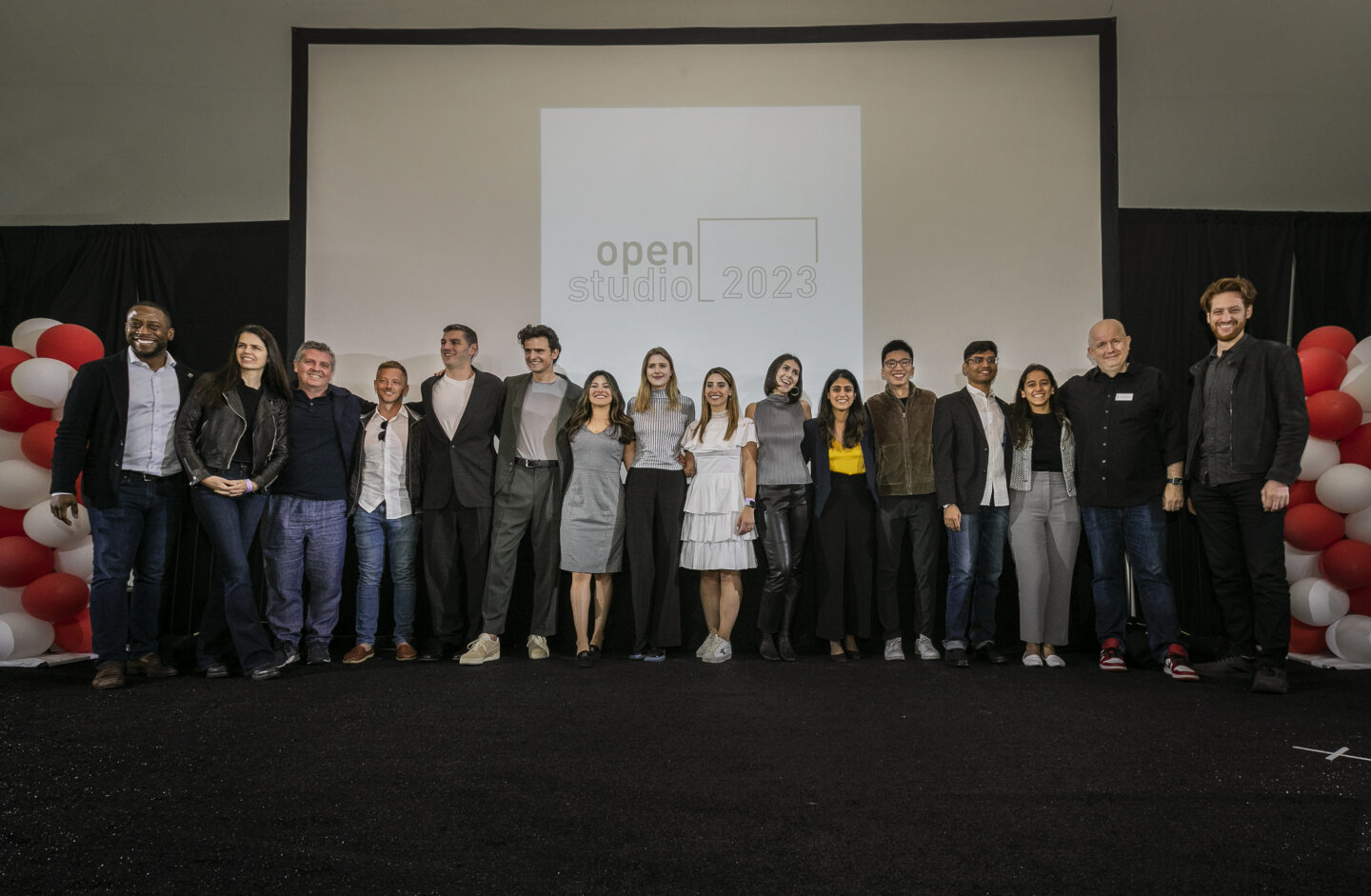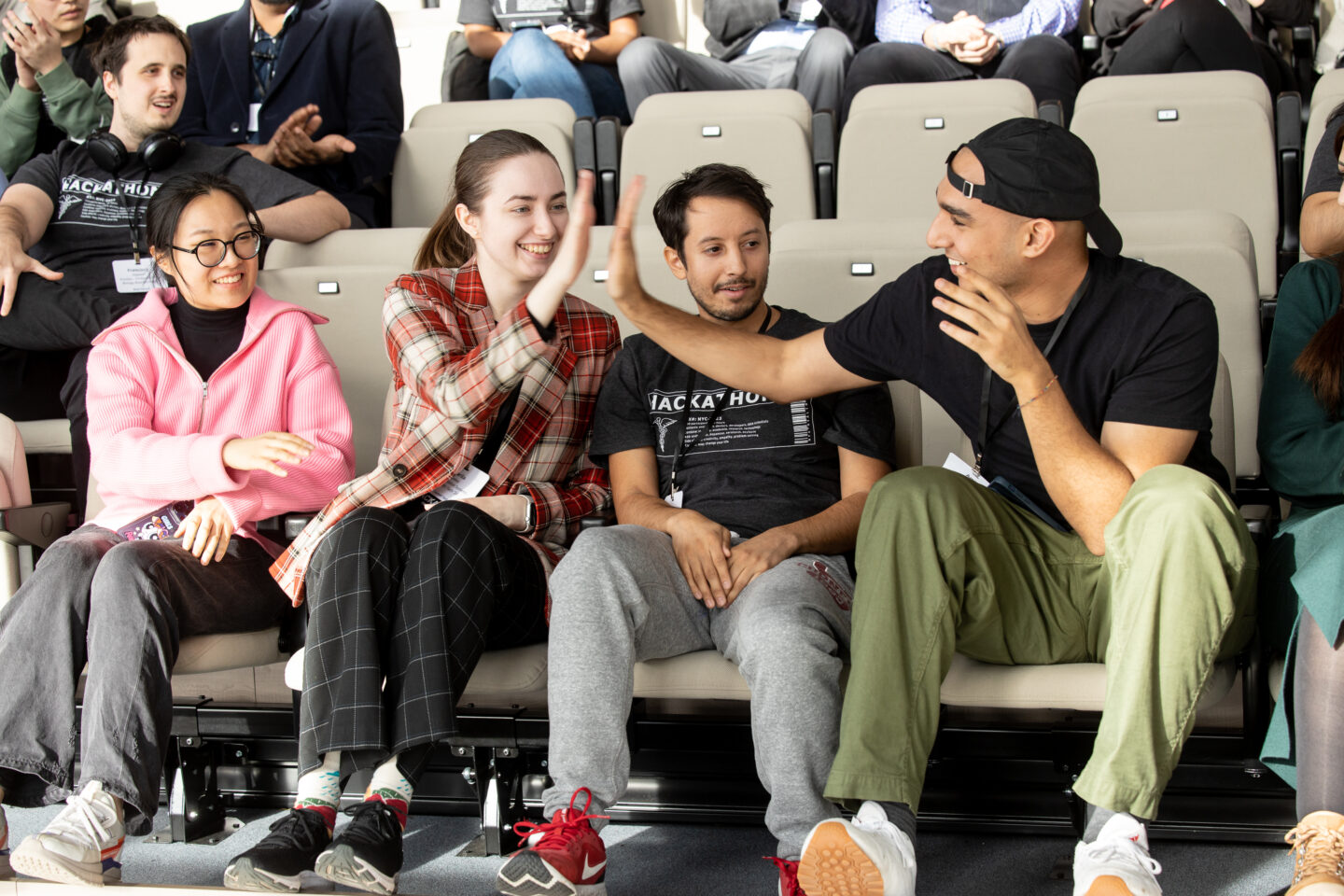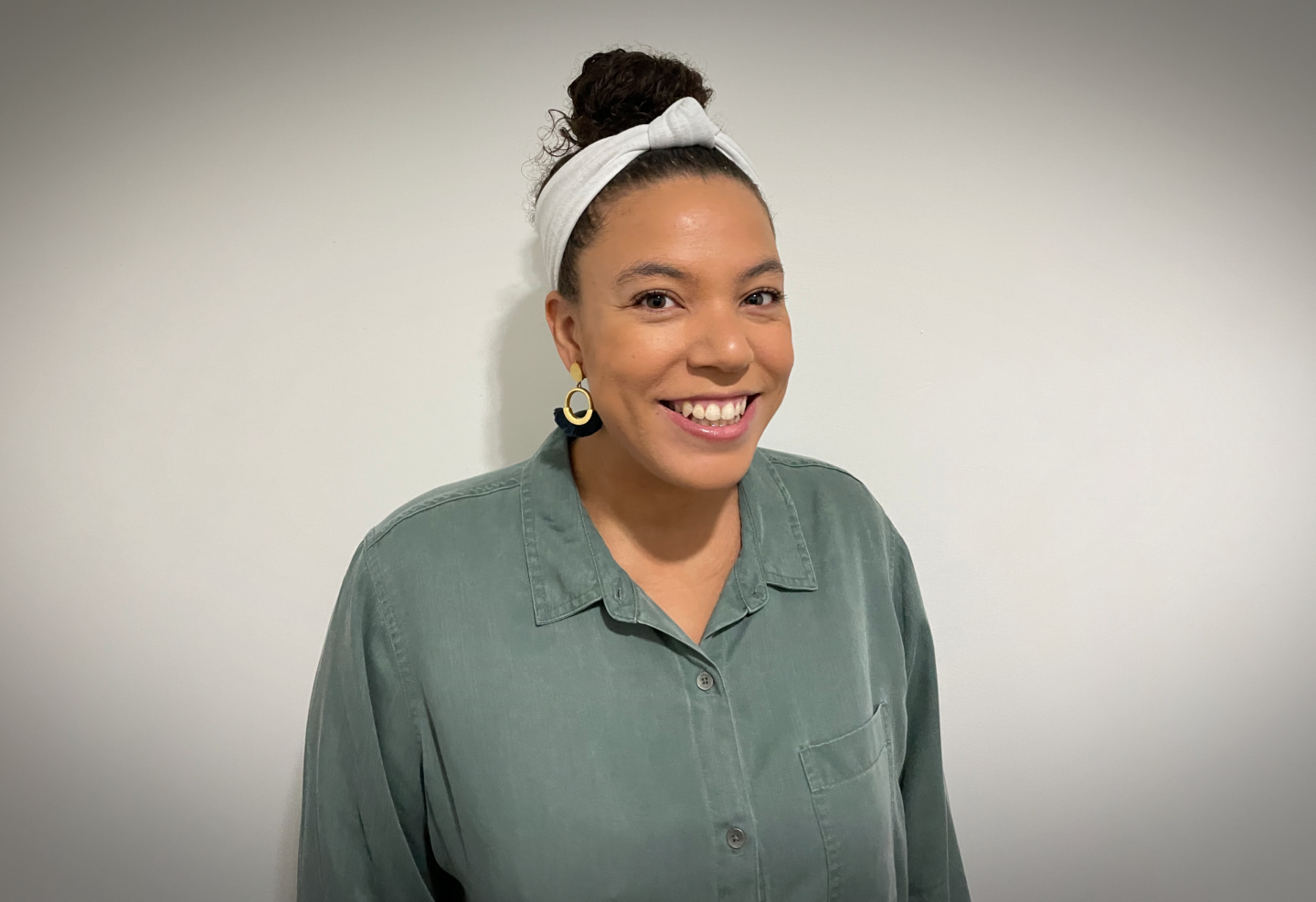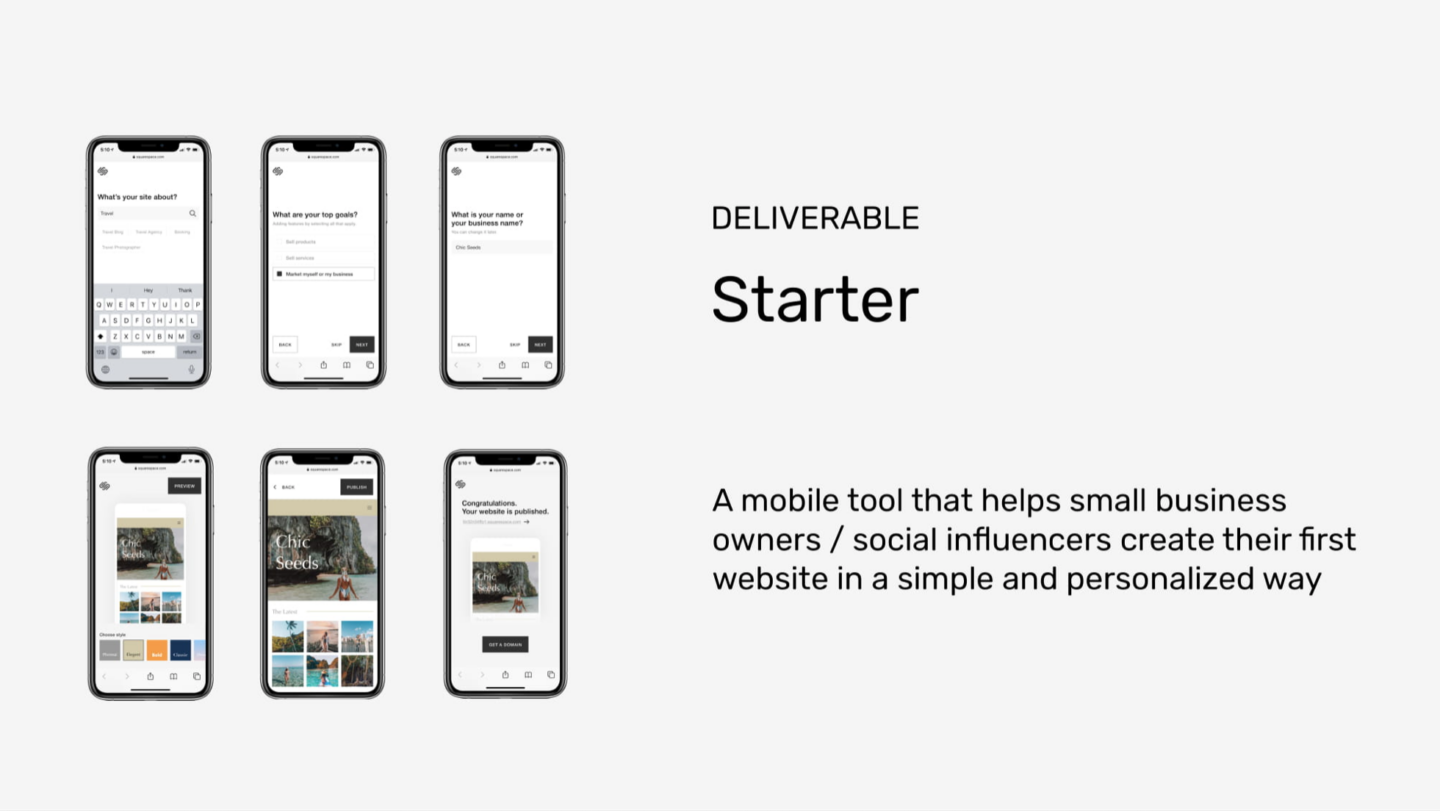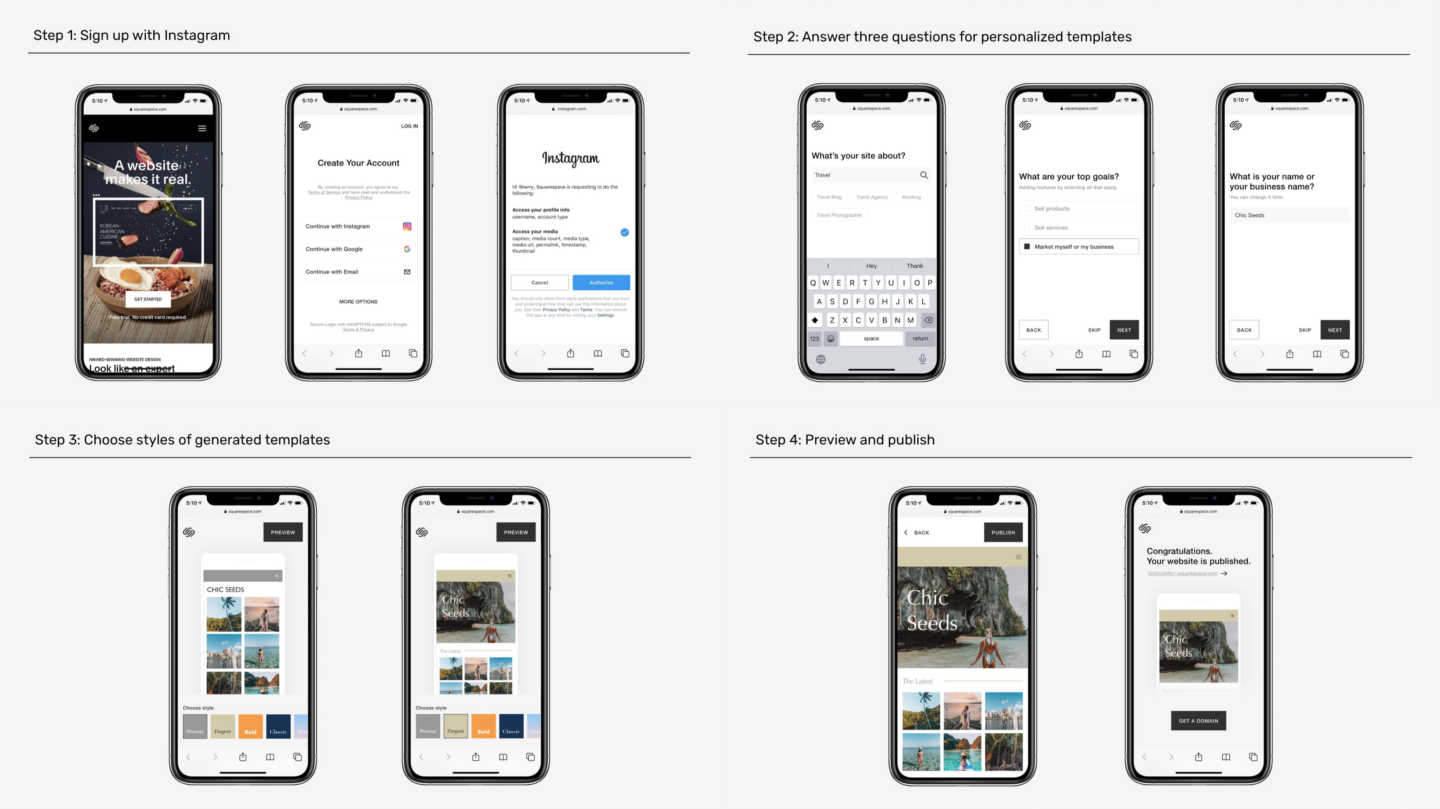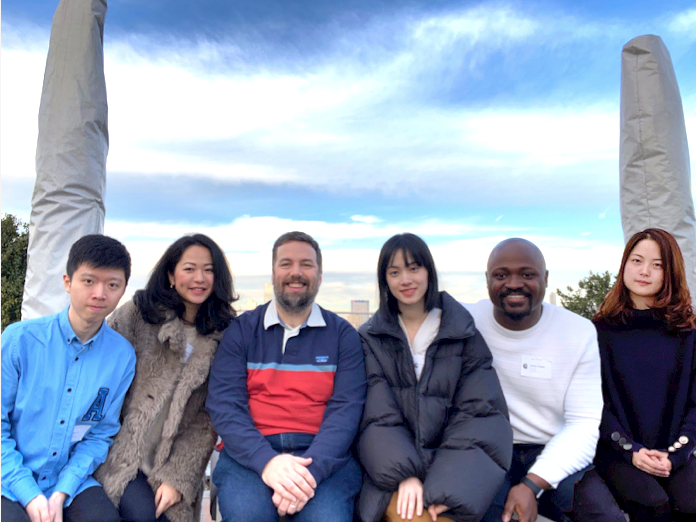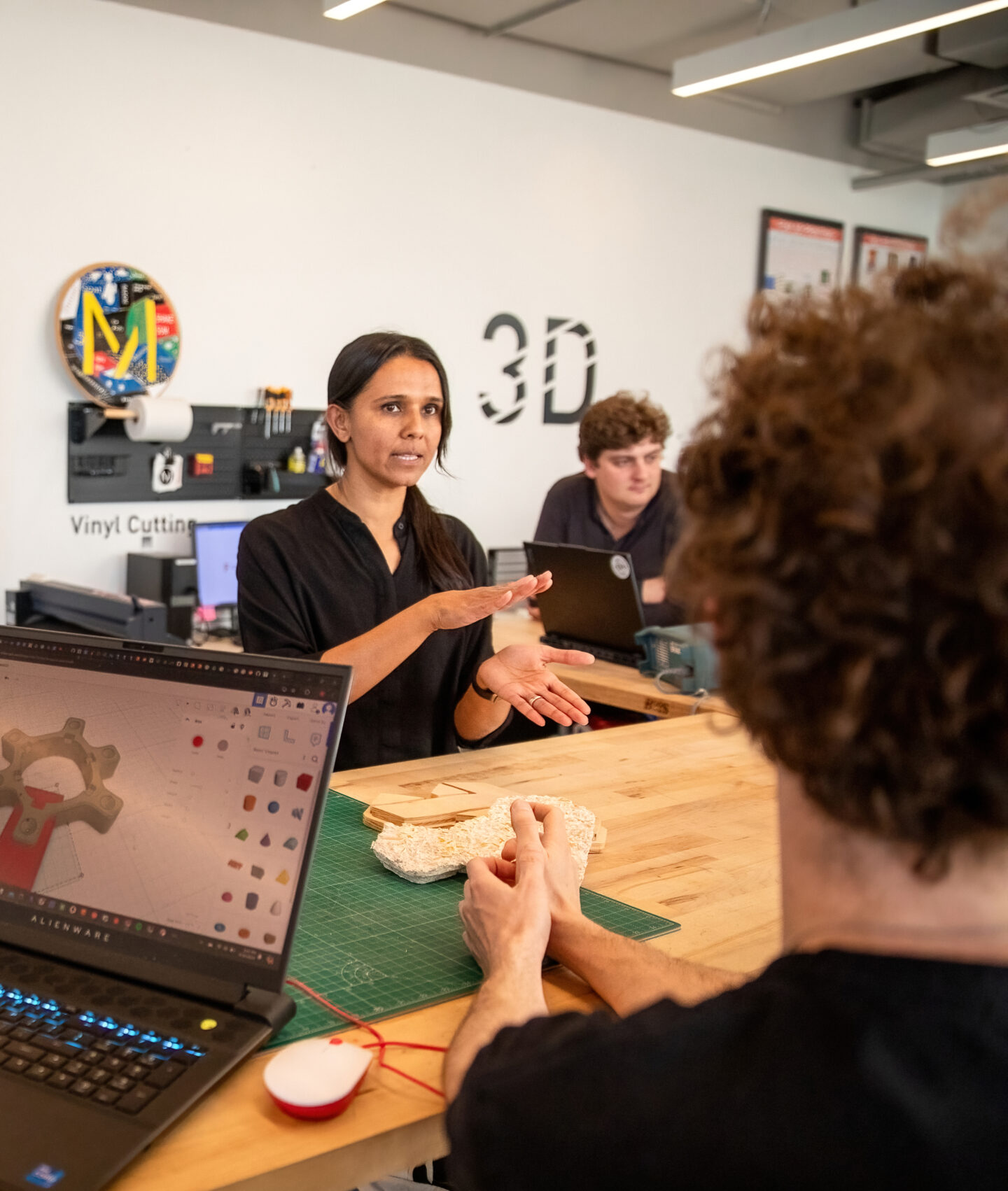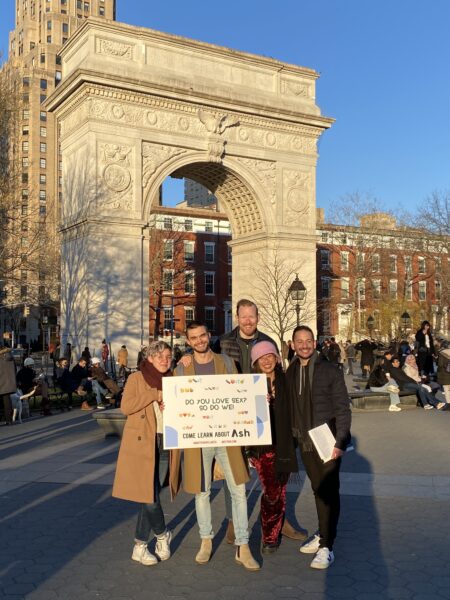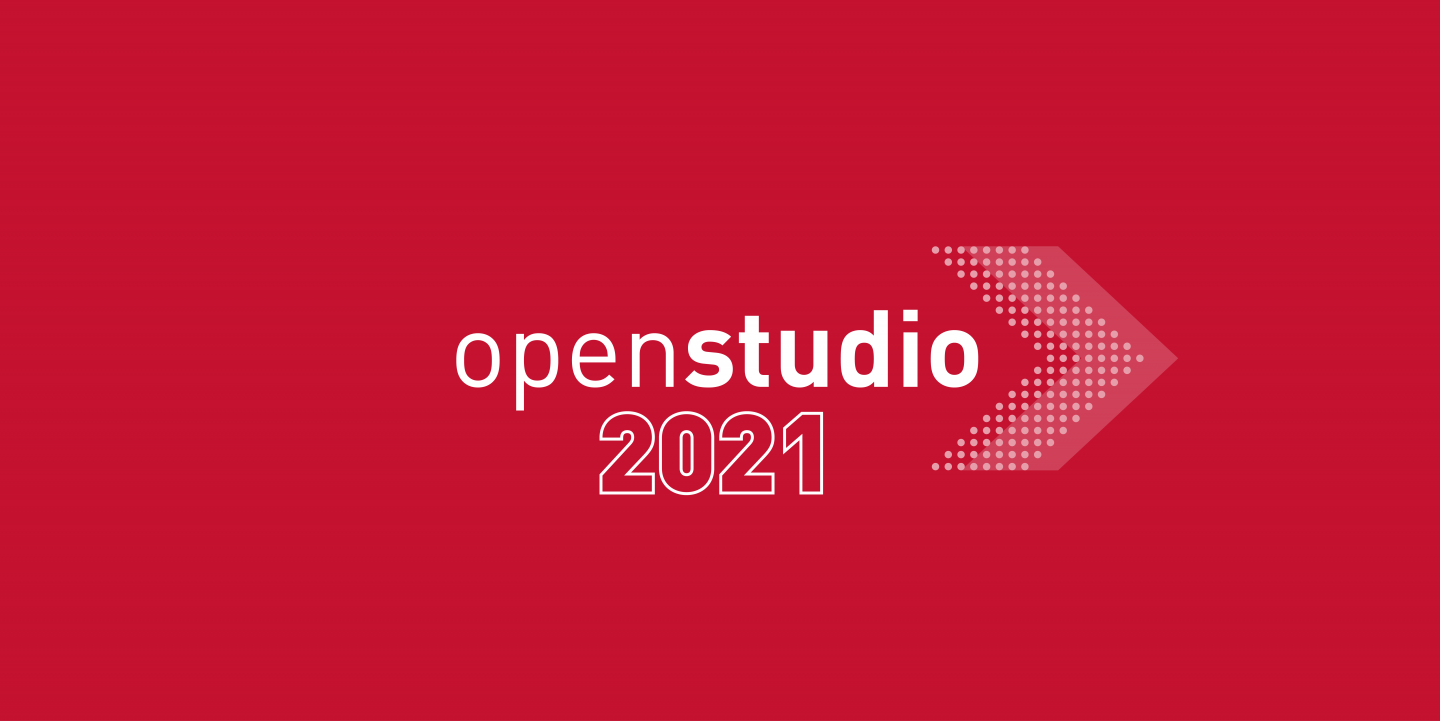Gift Supports A&S Visiting Journalist Program and Cornell Tech Faculty
Categories
By Kathy Hovis
A $5 million gift from Jan Rock Zubrow ’77 and Barry Zubrow will support two vital university programs, one in the College of Arts and Sciences (A&S) and the other at Cornell Tech in New York City.

The Jan and Barry Zubrow Distinguished Visiting Journalism Fellows Fund in the College of Arts and Sciences will provide support for the Distinguished Visiting Journalist Program in A&S. The program launched last winter and brought Marc Lacey ’87, national editor of The New York Times, to campus for talks and meetings with faculty and students. Lacey also moderated a webinar hosted by A&S on Sept. 16, and plans to make a return visit.
The Jan Rock Zubrow ’77 and Barry Zubrow Fund for Faculty Development at Cornell Tech will be used to support the recruitment and retention of exceptional faculty and postdoctoral fellows, as well as for startup funding for new faculty.
The Zubrows said they made this commitment now “because we want to support two areas of excellence at Cornell which we believe are critical to civil society. First, we want students to understand the importance of outstanding journalism in advancing our democracy. Second, we hope to further the exciting discoveries at Cornell Tech, which will improve the way we live, work and learn.”
The visiting journalist program recognizes excellence in journalism and provides opportunities for select journalists and the university community to engage with each other. The program allows students to delve into the world of journalism and its role in protecting some founding principles of our country – freedom of speech, truth and accountability – while also advancing the college’s priority on public engagement.
While on the Ithaca campus, for periods of two to eight weeks, visiting journalists interact with faculty, researchers and students in a variety of organized and informal settings, such as moderating and participating in panel discussions, making presentations in classes, exploring research laboratories and special collections, and joining students or faculty for informal discussions over dinner or coffee.
“The Zubrow Journalism Fellows will inspire our students interested in journalism and the media,” said Ray Jayawardhana, the Harold Tanner Dean of Arts and Sciences. “At the same time, the visiting journalists will enjoy meaningful engagements with the Cornell community and get to know the latest research and creative works emerging from the university.”
The Distinguished Visiting Journalists program also has been supported by gifts from Jay Branegan ’72, Rose Gutfeld Edwards ’78 and the Dr. Guinevere Griest Fund for Public Engagement.
At Cornell Tech, the new fund will offer Greg Morrisett, the Jack and Rilla Neafsey Dean and Vice Provost of Cornell Tech, funding to tackle his top faculty priority: doubling the size of the campus’ 30-person faculty body over the next five years.
“Deep technical expertise in fields like artificial intelligence, machine learning, and trustworthy and human-centered computing will power the next decade of high impact and transformative work,” Morrisett said. “The Zubrow Fund for Faculty Development will enable Cornell Tech to advanced our deep research expertise and create the academic environment necessary to drive such transformative change.”
Cornell Tech has attracted elite faculty, who are enticed by the social-impact mission of the campus and its world-class technical depth in the heart of New York City. The campus recently announced three new professors: Tommaso Bondi, Omar El Housni and Omid Rafieian. The Zubrows’ support will help the campus capitalize on this momentum, providing strategic support to help Cornell Tech expand its mission to advance ethical, inclusive, accessible technology research and education.
These new gifts add to the numerous ways the Zubrows support Cornell – two endowed professorships in the College of Arts and Sciences; two undergraduate scholarships; a fund for the dean of A&S; and the endowment of the head coaching position for Cornell softball.
Jan Rock Zubrow also is on the Arts and Sciences Advisory Council and the Cornell Tech Board of Overseers, and is trustee emeritus of the Cornell University Board of Trustees. She served as Chair of the Executive Committee of the Board, chaired the search committees for Cornell’s 13th and 14th presidents and was co-chair of the board’s Task Force for Cornell Tech. She also was a founding member of the President’s Council of Cornell Women.
She is a leader of nonprofit organizations active in education and international development. She serves as chair of the board of Women for Women International, an organization that provides vocational and life skills to women in war-torn countries. She is also on the board of New Leaders for New Schools, an organization that trains educators to be transformational school leaders who can help bridge the achievement gap in the nation’s inner-city schools.
Prior to her nonprofit work, Zubrow had a career in health care venture capital and consumer marketing.
Barry Zubrow serves as a director on numerous for profit and not-for-profit boards, including CIBC (Canadian Imperial Bank of Commerce) and MIO Partners (the McKinsey Investment Office). He previously served as the chief risk officer for JP Morgan Chase & Co. and chief administrative officer for The Goldman Sachs Group. He is a graduate of Haverford College and University of Chicago Law School and Graduate School of Business. He served as chair of the Board of Haverford College.
Kathy Hovis is a writer for the College of Arts and Sciences.
